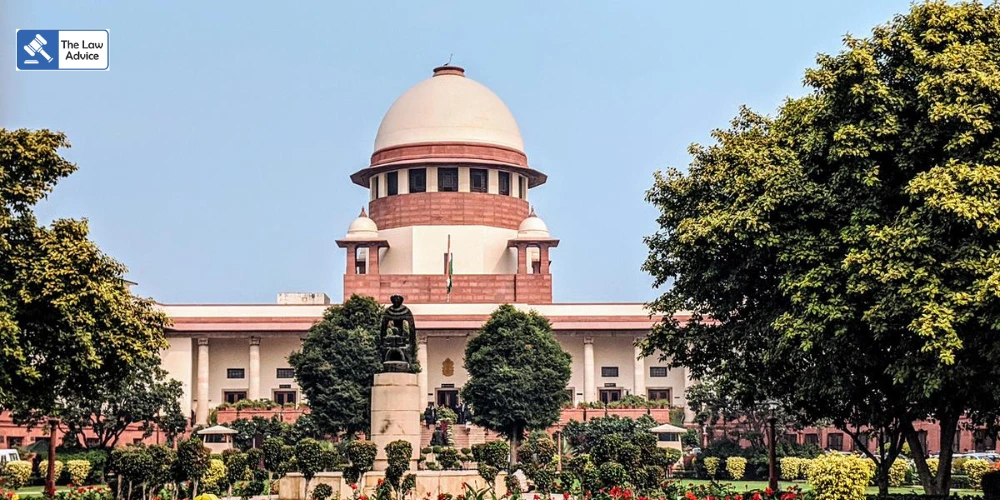New Delhi, August 2025:
In a significant observation addressing the complexities of the digital economy, the Supreme Court of India has directed that the GST Council may examine mechanisms for tracking the Goods and Services Tax (GST) paid on foreign Online Information Database Access and Retrieval (OIDAR) services. The Court refrained from issuing any direct directions but emphasized the need for policy-level consideration in light of compliance and enforcement challenges in the digital domain.
The issue came up during the hearing of a petition related to GST compliance by foreign entities offering digital services—such as streaming platforms, cloud storage, software downloads, and online publications—to Indian consumers. These services fall under OIDAR, which under Indian GST law, are taxable even if the provider is located outside India.
The petition raised concerns that some foreign companies might be circumventing Indian GST obligations, thereby creating an uneven playing field for domestic businesses and leading to loss of revenue for the government.
OIDAR refers to services delivered over the internet with minimal human intervention, including:
• Online advertising
• Access to e-books, movies, music
• Cloud services
• Online gaming
• Downloadable software
Under Section 14 of the IGST Act, 2017, such services supplied by any person located outside India to a non-taxable online recipient in India are liable for GST.
A Bench led by Justice B.V. Nagarathna and Justice Ujjal Bhuyan took a balanced approach, noting that the judiciary should not encroach upon the domain of tax policy formulation. The Bench observed that while enforcement of GST law on foreign OIDAR service providers is a legitimate concern, the appropriate body to handle this is the GST Council, as it includes both Centre and State representatives.
“Whether GST payment by foreign OIDAR suppliers is being tracked effectively is a policy matter… The GST Council may consider this issue if it deems appropriate,” the Court said.
This observation gains importance in an era where digital services are booming, and India is increasingly becoming a large consumer base for global online service providers. The case highlights regulatory gaps in taxing cross-border digital transactions and the urgent need for international tax coordination, especially with the rise of non-resident taxable persons (NRTPs) in digital ecosystems.
The Foundation for Taxpayer Rights v. Union of India & Ors.
